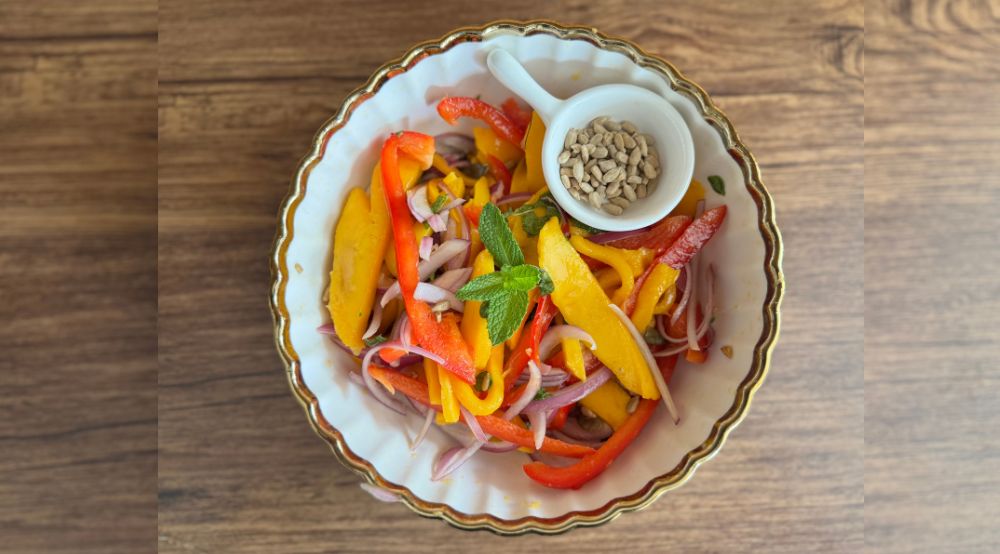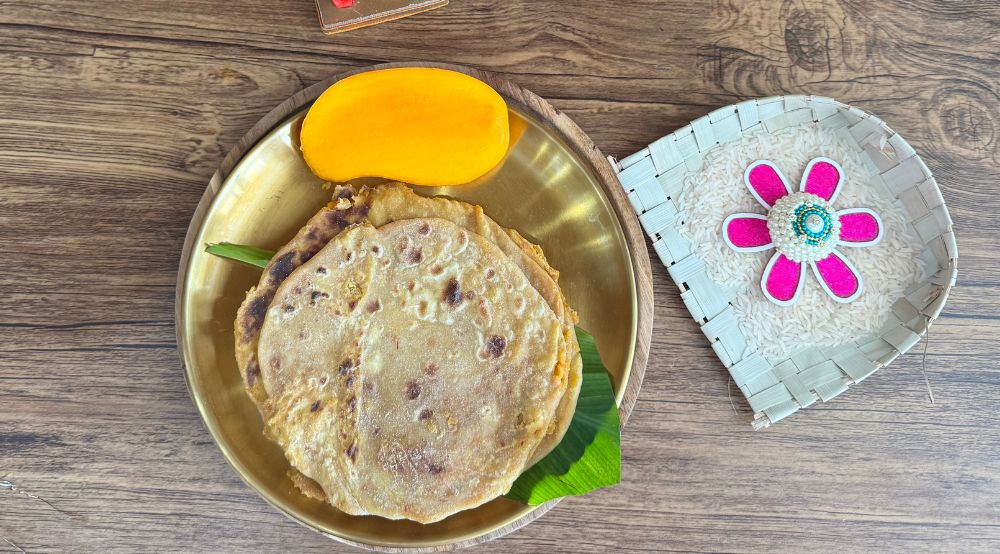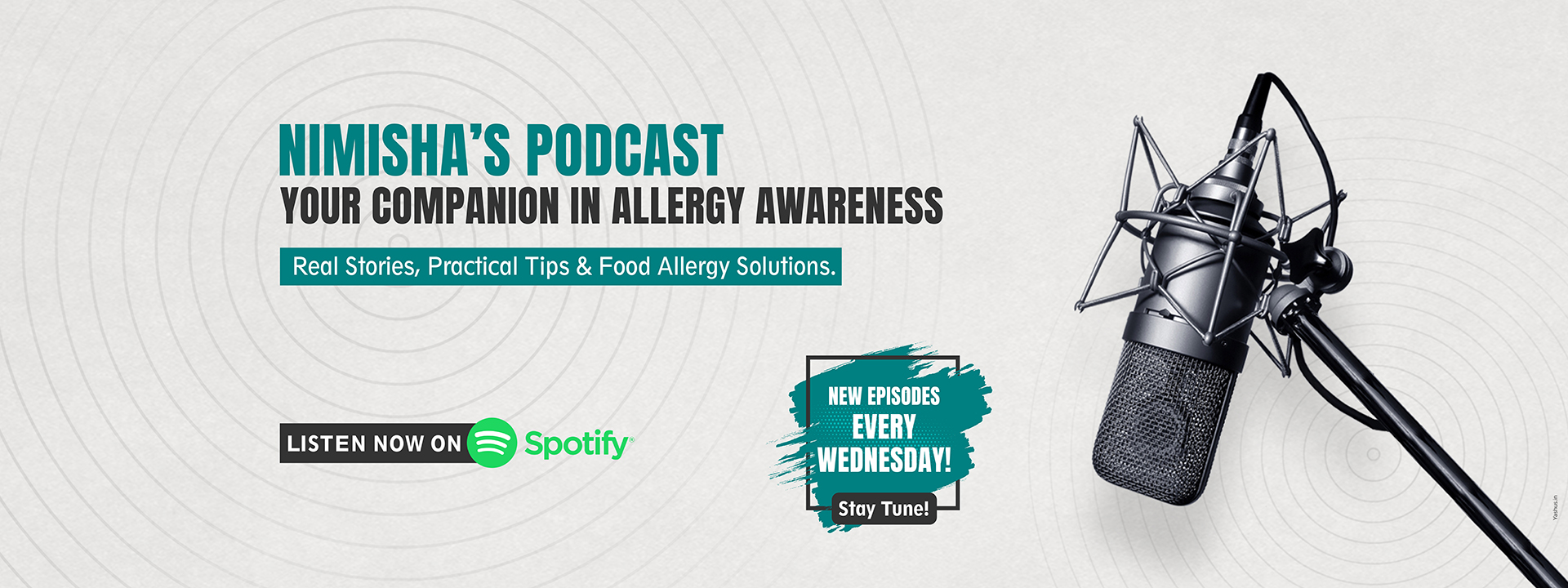Healthy Seeds: Allergen-Free Options and the Benefits of Seeds in Your Daily Diet
BlogsJanuary 28, 2025

Incorporating Seeds Into Your Daily Diet: A Simple Path to Better Health
Seeds are a powerhouse of essential nutrients, often overlooked in daily diets. Despite their small size, they are packed with vitamins, minerals, healthy fats, proteins, and fiber, offering numerous health benefits. From enhancing digestion to supporting heart health, incorporating a variety of seeds into your meals can improve your overall well-being. This article explores the nutritional benefits of healthy seeds, highlights allergen-free seeds, and provides practical ways to include them in your day-to-day diet.
Nutritional Benefits of Seeds
Healthy seeds, such as chia, flax, pumpkin, sunflower, and hemp, are nutrient-dense foods. They contain a rich array of essential fatty acids, particularly omega-3s, crucial for brain function and heart health. For example, chia seeds and flax seeds are excellent sources of omega-3 fatty acids, which can reduce inflammation and lower the risk of chronic diseases such as heart disease and diabetes.
In addition to healthy fats, seeds are a great source of protein, which is essential for muscle repair and immune function. Pumpkin seeds and sunflower seeds are packed with nutrients such as zinc and magnesium, supporting immune health, energy production, and bone health. Furthermore, the fiber content in seeds, particularly chia seeds, promotes digestion, helps regulate blood sugar levels, and can contribute to weight management by providing a feeling of fullness.

Health Benefits of Consuming Seeds
Heart Health: Many seeds, especially flax seeds, chia seeds, and hemp seeds, are rich in omega-3 fatty acids, which can reduce the risk of cardiovascular diseases. These healthy fats help lower LDL cholesterol levels and reduce inflammation in the body.
Digestive Health: The high fiber content in healthy seeds supports digestion and helps maintain regular bowel movements. Flax seeds and chia seeds are particularly beneficial for this, with soluble fiber that also helps stabilize blood sugar levels, making them helpful for individuals with diabetes.
Bone Health: Seeds like sesame seeds and pumpkin seeds are rich in calcium, magnesium, and phosphorus, essential minerals for bone health and strength. Consuming these seeds regularly can help improve bone density and reduce the risk of osteoporosis.
Skin Health: Seeds like flax seeds are rich in antioxidants and healthy fats that promote healthy skin by reducing inflammation and preventing premature aging. The omega-3 fatty acids found in seeds keep skin hydrated and supple.
Weight Management: Seeds are an excellent addition to meals for those looking to manage weight, thanks to their high fiber and protein content. Chia seeds and pumpkin seeds help curb cravings and provide long-lasting energy throughout the day.
Popular Seeds and Their Benefits
1. Chia Seeds

Chia seeds benefits include their high fiber content, omega-3s, and protein. They support heart health, digestion, and weight management. Chia seeds for weight loss are particularly popular due to their ability to absorb water, which creates a gel-like substance in the stomach that helps with satiety.
How to consume: Add chia seeds to smoothies, yogurt, or oatmeal, or use them in puddings and baked goods.
2. Flaxseeds

Flax seeds benefits include being an excellent source of omega-3 fatty acids, fiber, and lignans, which have antioxidant properties. Regular consumption of flax seeds supports digestive health, improves cholesterol levels, and reduces inflammation.
How to consume: Ground flax seeds are easier for the body to digest. Sprinkle them on cereals, add to smoothies, or incorporate into baked goods.
3. Pumpkin Seeds

Pumpkin seeds benefits include high magnesium, zinc, and protein content. They support immune function, promote better sleep, and provide long-lasting energy. Pumpkin seeds nutrition is particularly beneficial for those looking for a nutrient-dense snack.
How to consume: Eat raw or roasted, or add to salads, granola, or soups.
4. Sunflower Seeds

Sunflower seeds benefits include their rich vitamin E content, supporting skin health, and their magnesium and selenium, which aid in muscle function and inflammation reduction. Sunflower seeds nutrition is packed with healthy fats and antioxidants.
How to consume: Enjoy as a snack or sprinkle over salads, granola, or baked goods.
5. Hemp Seeds

Hemp seeds benefits include their complete protein profile, containing all nine essential amino acids. They support heart health and muscle recovery, thanks to their ideal ratio of omega-3 and omega-6 fatty acids. Hemp heart benefits extend to reducing inflammation and maintaining healthy blood pressure levels.
How to consume: Add to smoothies, salads, or as a topping for yogurt or oatmeal.
6. Sesame Seeds

Sesame seeds are rich in healthy fats, antioxidants, and minerals such as calcium and magnesium. They support heart health, bone health, and have anti-inflammatory properties.
How to consume: Use in stir-fries, sprinkle on salads, or bake into bread and granola bars.
7. Poppy Seeds

Poppy seeds are high in calcium, iron, and magnesium, supporting digestive health and better sleep. These seeds can be used in baking or added to salads for extra nutrition.
Easy Ways to Incorporate Seeds into Your Diet
-
Smoothies: Add a tablespoon of chia seeds, flax seeds, or hemp seeds to your morning smoothie for an easy nutrient boost.
-
Oatmeal or Yogurt: Top your oatmeal or yogurt with sunflower seeds or pumpkin seeds for added crunch and nutrition.
-
Salads: Add toasted seeds like sesame or pumpkin seeds to salads for a satisfying texture and health benefits.
-
Baked Goods: Incorporate flax seeds or chia seeds into muffin, pancake, or bread recipes for extra fiber and healthy fats.
Conclusion
Incorporating healthy seeds like chia seeds,flax seeds, pumpkin seeds, and sunflower seeds into your diet can significantly boost your nutrient intake and provide numerous health benefits. Whether you're looking to improve heart health, digestion, or bone health, adding a variety of seeds to your meals can help you achieve better overall wellness. Additionally, choosing allergen-free seeds ensures a safe and nutritious option for individuals with food sensitivities. By consuming a mix of seeds, you'll enjoy a versatile range of flavors and nutrition that can easily be integrated into your daily routine.
Explore our collection of delicious Tree Nut-free Recipes for allergy-friendly meals.
FAQ
-
Eating seeds daily provides essential nutrients like healthy fats, fiber, protein, and omega-3s, supporting heart, digestive, and overall health.

-
Chia seeds, flax seeds, and hemp seeds are great for weight loss due to their high fiber and protein content, helping with satiety and digestion.

-
Many seeds like chia, flax, and hemp are allergen-free and provide a nutrient-rich option for those with food allergies. Always check individual tolerance.

-
Chia seeds are rich in omega-3s, fiber, and antioxidants. They can be added to smoothies, yogurt, or used to make chia pudding.

-
Pumpkin seeds are rich in magnesium, iron, and healthy fats, promoting heart health, better sleep, and improved immune function.













